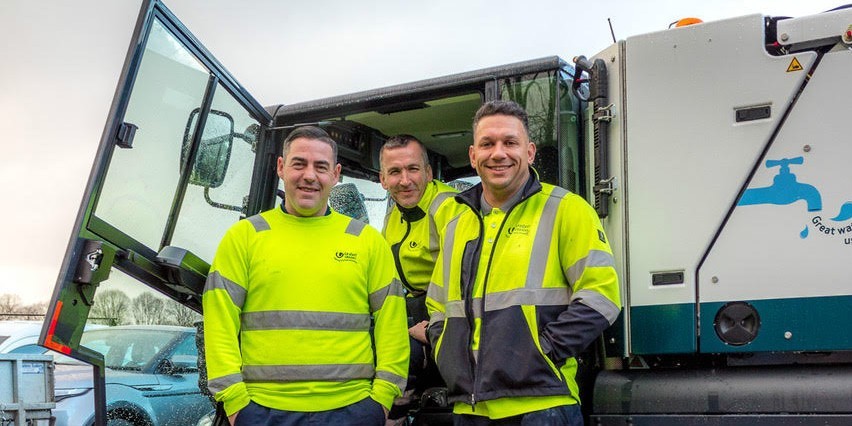Its HMP Academies programme created social value worth £2.6m by reducing reoffending. Of the 37 offenders it supported to move into meaningful work and stable accommodation on release from prison, 36 were rehabilitated and did not reoffend within one year of release. Compared to the national reoffending rate of around 67 per cent, Recycling Lives’ approach delivers significantly improved rehabilitation results.
Its Residential Charity created social value worth £300,000 by supporting homeless men to regain their independence. It supported eight men with histories of homelessness and offending into employment and stable accommodation, to be no longer reliant on the welfare system.Its Food Redistribution Centre created social value worth £2.3m by delivering meals to charitable groups. It delivered 698,000 meals via 106 charitable groups across Lancashire and Cumbria, helping groups save around £7,900 annually in food costs and diverting 293 tonnes of food from landfill in the process.
Each of Recycling Lives’ social value figures are calculated using government metrics - including Cabinet Office findings on the cost of reoffending to the public purse and Food Standards Agency figures on the value of a meal - by a Social Return on Investment practitioner.Recycling Lives’ impressive financial impact is matched by the significant social impact for individuals, families and communities. It shares these stories in an annual Social Value Report for clients to see how their waste and recycling contracts deliver social impact.
Recycling Lives’ delivery of £5.2m social value came in the same year that it enjoyed rapid business growth, doubling its national footprint, growing its staff team by 23% and reporting sales of £46m.Managing director William Fletcher said: “We are leading the way in showing that businesses don’t have to choose between commercial success or social return for the communities they serve. We achieve both and are committed to growing our charity programmes in line with our business growth and creating social value equal to or greater than 10 per cent of annual sales.
“We are proving that social value delivers commercial value, by developing a business model that others want to work with for financial value environmental benefit and social impact. Our approach enables clients to meet their CSR agenda by delivering social value relative their contracts.”





















